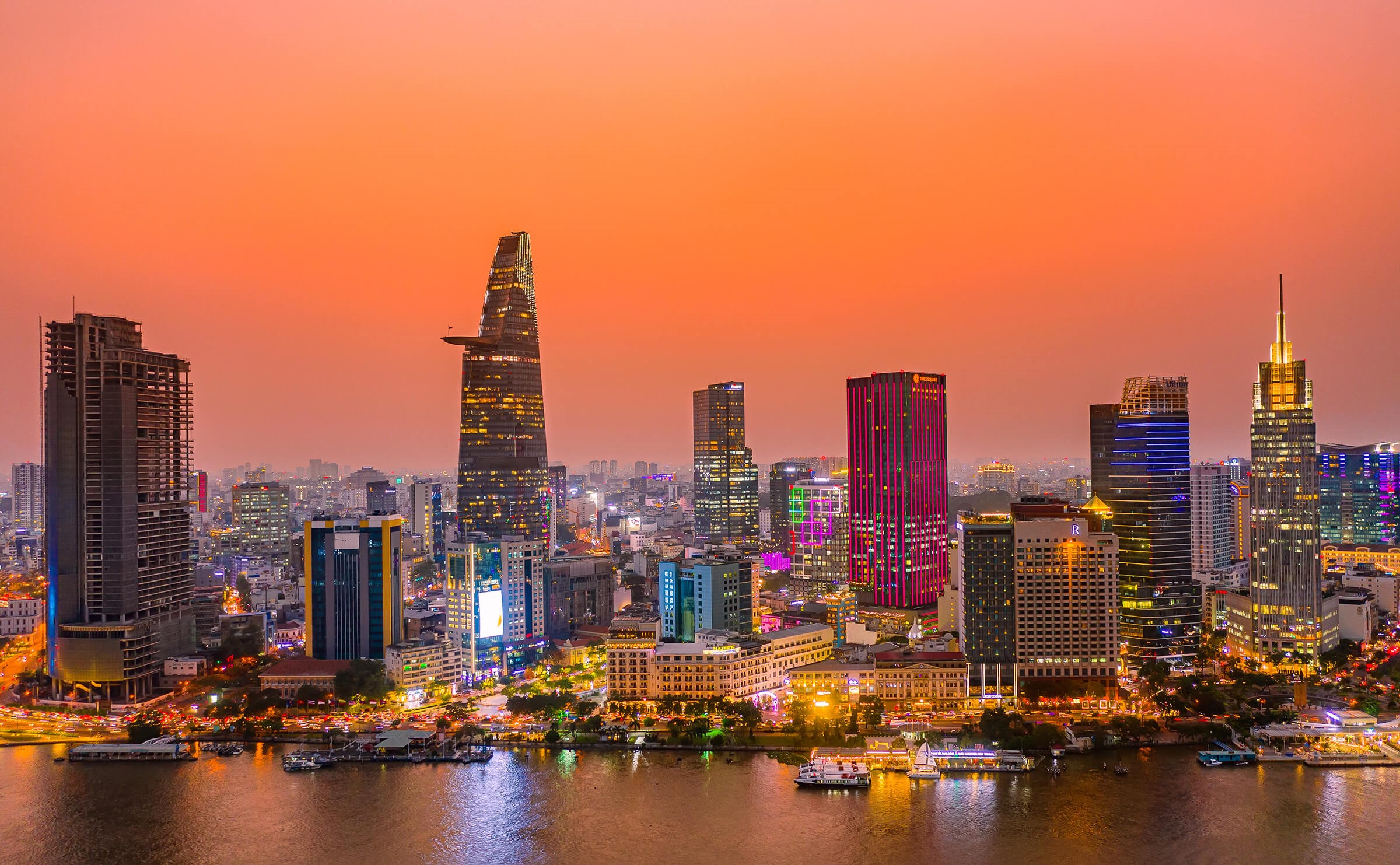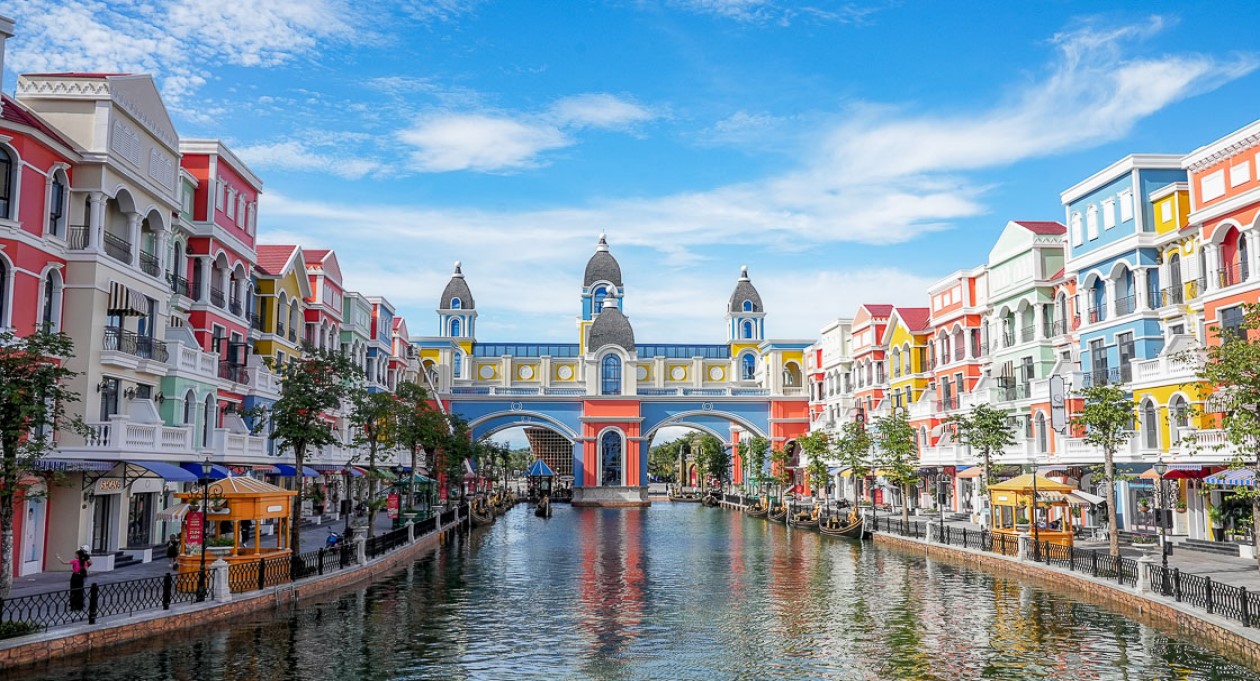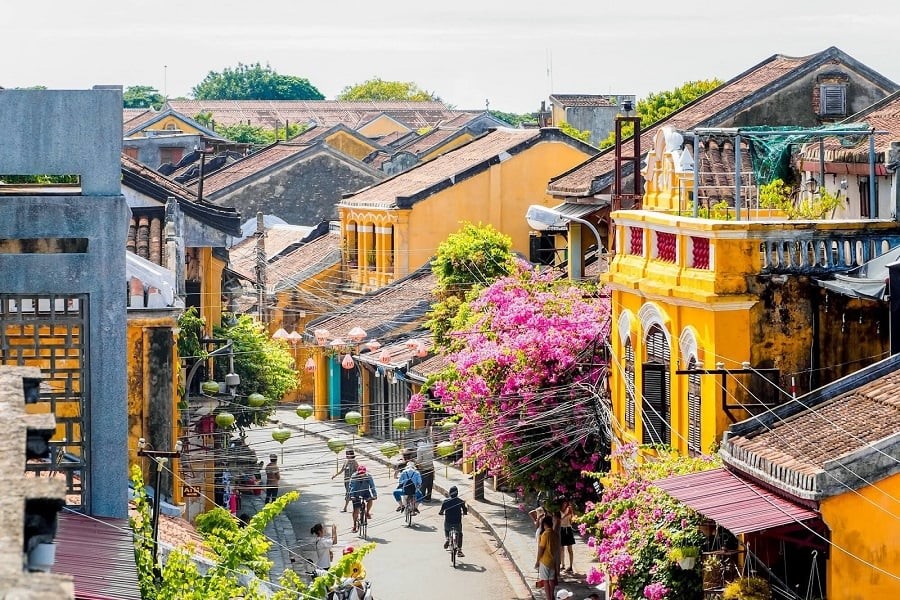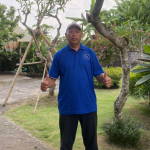Scams in Vietnam and How to Avoid Them
Vietnam is a beautiful country with a rich history, vibrant culture, and stunning landscapes. However, like any popular tourist destination, it also has its share of scams that can catch unsuspecting travelers off guard. Whether you’re wandering the bustling streets of Hanoi, exploring the ancient town of Hoi An, or relaxing on the beaches of Phu Quoc, it’s important to be aware of these common scams and how to avoid them. Let’s dive into some of the most frequent scams in Vietnam and provide you with tips on how to steer clear of them.
Introduction
Vietnam’s charm is undeniable, but along with its allure comes the possibility of encountering scams. These scams range from minor inconveniences to more serious incidents that could put a dent in your travel budget. However, with a bit of knowledge and preparation, you can avoid falling victim to these tricks and enjoy your trip without any unwelcome surprises.
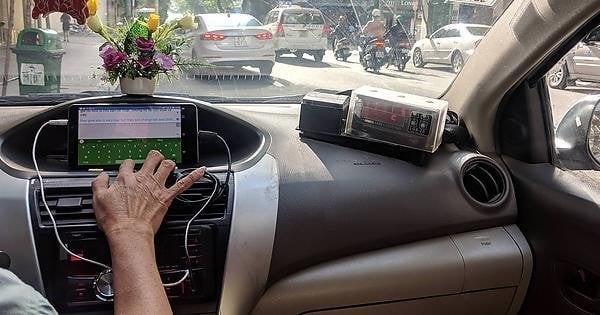
1. Common Types of Scams in Vietnam
To help you stay one step ahead, we’ve compiled a list of the most common scams that tourists encounter in Vietnam. From transportation to shopping, we’ll cover the key areas where scams are most likely to occur.
1.1. Taxi Scams
One of the most prevalent scams in Vietnam involves taxis. While many taxi drivers are honest and provide good service, there are others who might try to take advantage of tourists.
1.1.1. Overcharging or Tampering with Meters
Imagine this: you hop into a taxi after a long flight, eager to reach your hotel. Halfway through the ride, you notice the meter ticking up faster than expected. This is a common trick where drivers tamper with the meter to charge you more. Some might even take longer routes to hike up the fare.
How to avoid it: Stick to reputable taxi companies like Mai Linh or Vinasun. These companies are known for their reliability. If you feel something is off, don’t hesitate to ask the driver to stop and switch to another cab.
1.1.2. Fake Taxis
Fake taxis are another issue. These look like legitimate taxis but are operated by individuals looking to overcharge tourists.
How to avoid it: Before getting into a taxi, check for a company logo, a phone number, and a driver ID displayed on the dashboard. Better yet, use ride-hailing apps like Grab, where you can see the fare upfront.
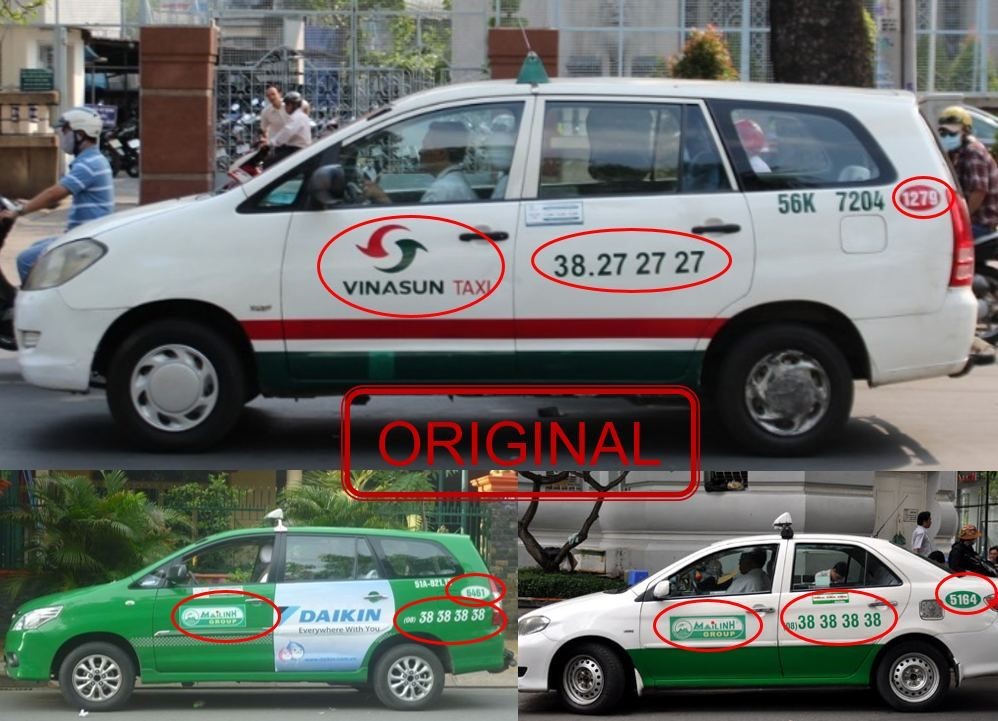
1.2. Hotel Scams
Your accommodation should be a place of comfort, but sometimes, it can be a source of stress if you’re not careful.
1.2.1. Fake Hotel Websites
Booking a hotel online? Beware of fake websites that mimic legitimate hotels. You might think you’re getting a great deal, only to arrive and find out that your booking doesn’t exist.
How to avoid it: Always book through well-known travel platforms like Booking.com or Agoda. If you’re unsure, contact the hotel directly to confirm your reservation.
1.2.2. Hidden Charges
You’ve had a wonderful stay, but when it’s time to check out, the bill is much higher than expected. Hidden charges for amenities like Wi-Fi, towels, or even air conditioning are sometimes added without prior notice.
How to avoid it: When booking, carefully read the terms and conditions. If anything seems unclear, ask the hotel staff before confirming your reservation.
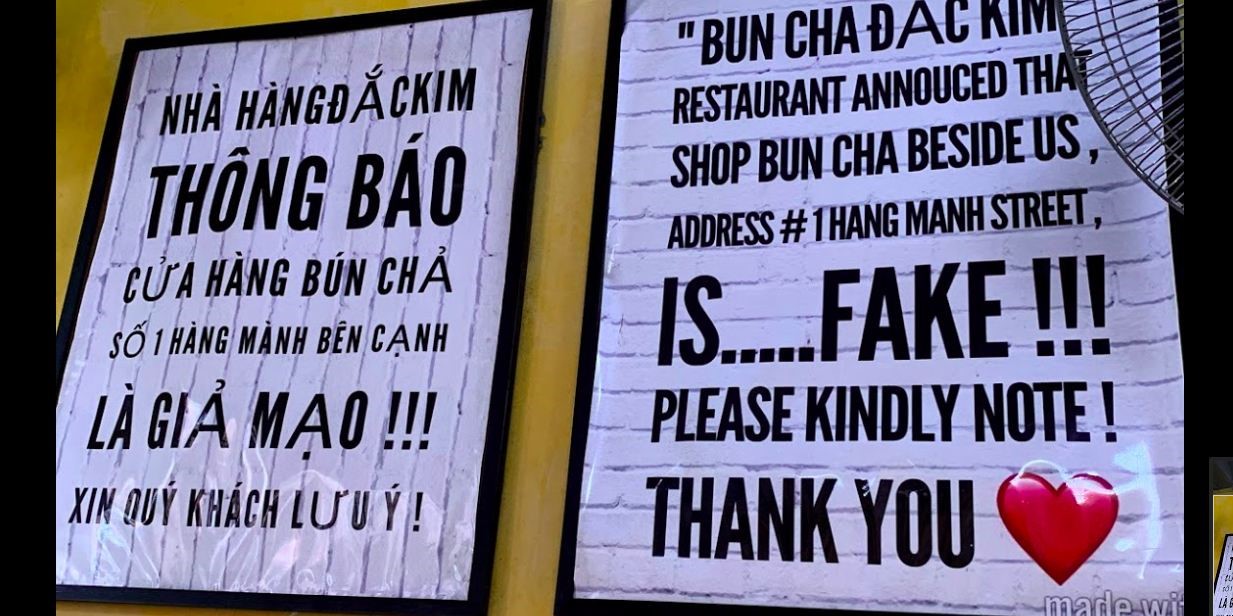
1.3. Street Vendor Scams
Vietnam’s street markets are a paradise for those looking to buy unique souvenirs. However, they can also be a breeding ground for scams.
1.3.1. Overpriced Souvenirs
Street vendors often quote higher prices to tourists, especially if they think you’re not familiar with the local currency. You might end up paying double or even triple the actual value of an item.
How to avoid it: Bargain politely but firmly. It’s common practice in Vietnam, and vendors usually expect it. Start by offering half of the quoted price and work your way up.
1.3.2. Exchange Rate Manipulation
Another trick involves vendors who accept foreign currency but give change in Vietnamese dong at an unfavorable exchange rate. This can leave you with much less money than you should have.
How to avoid it: Always pay in local currency. If you need to exchange money, do so at banks or reputable exchange counters.
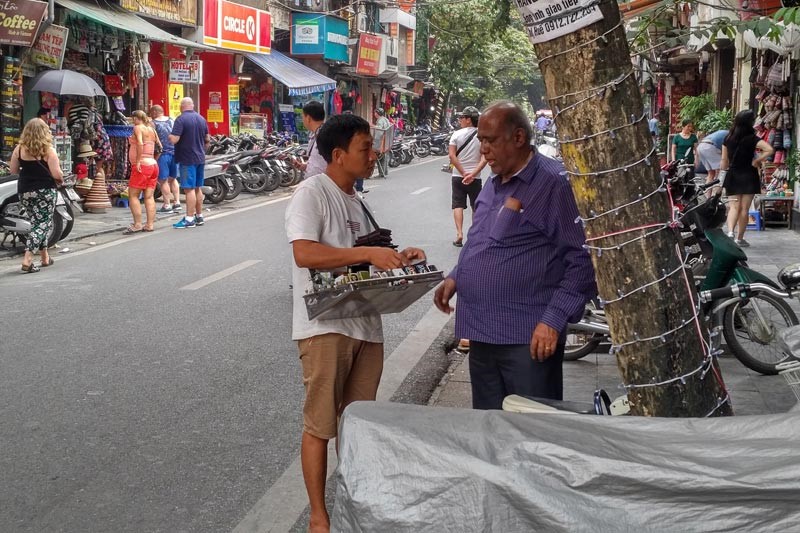
1.4. Motorbike Rental Scams
Renting a motorbike is a fantastic way to explore Vietnam’s scenic routes. However, rental scams can turn this experience into a nightmare.
1.4.1. Damaged Bike Claims
You return the motorbike after a day of adventure, only to be told that there’s damage you know nothing about. The rental company then demands an exorbitant fee for repairs.
How to avoid it: Before taking the bike, thoroughly inspect it and take photos of any existing damage. Make sure the rental agreement is clear about what you’re liable for.
1.4.2. Confiscated Passport
Some rental shops ask to hold your passport as collateral, only to use it as leverage to extract more money from you by claiming you damaged the bike or breached the rental terms.
How to avoid it: Never leave your passport with anyone. Offer a photocopy instead, or leave a cash deposit if necessary.
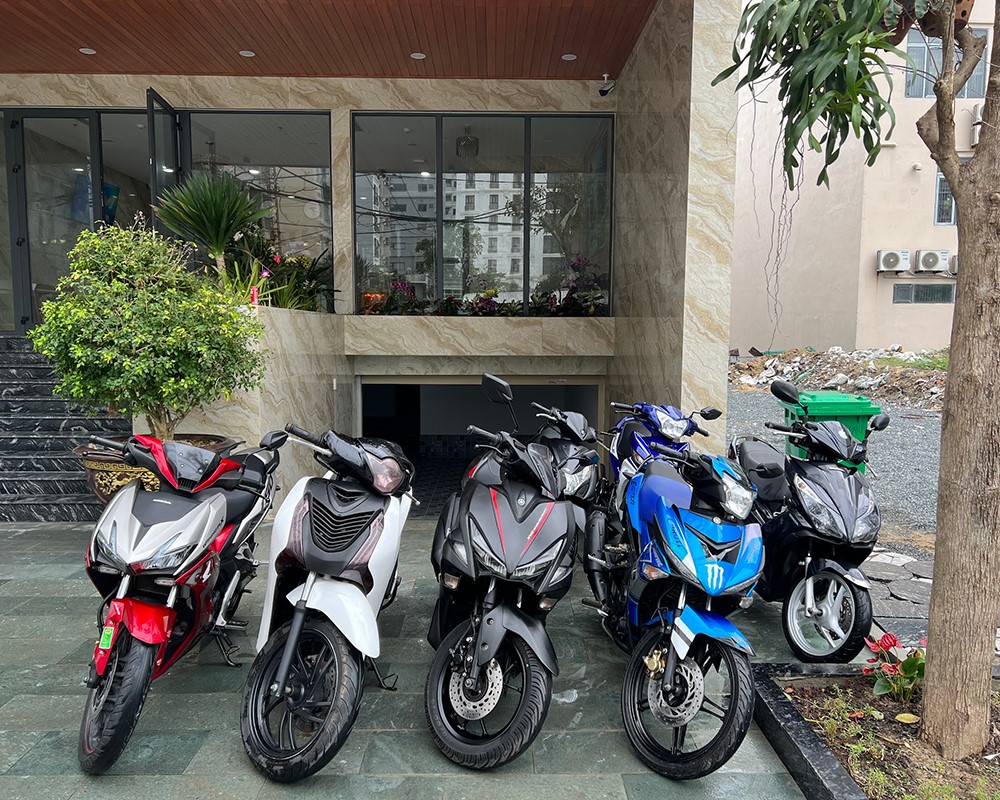
2. Practical Tips to Stay Safe
Now that you’re aware of the common scams, here are some practical tips to ensure your safety and avoid getting ripped off during your trip.
2.1. Learn Basic Vietnamese Phrases
A little language goes a long way. Knowing a few basic Vietnamese phrases can help you navigate situations more smoothly and reduce the likelihood of being scammed.
2.2. Use Reputable Services
Whether it’s taxis, tours, or accommodation, always opt for reputable companies with good reviews. A quick online search can reveal a lot about the reliability of a service.
2.3. Stay Alert and Trust Your Instincts
Scammers often target those who seem distracted or unsure. Always stay alert, especially in crowded areas. If something doesn’t feel right, trust your instincts and walk away.
2.4. Keep Your Valuables Secure
Pickpocketing is another issue in busy tourist areas. Keep your valuables secure, and consider using a money belt or an anti-theft backpack.
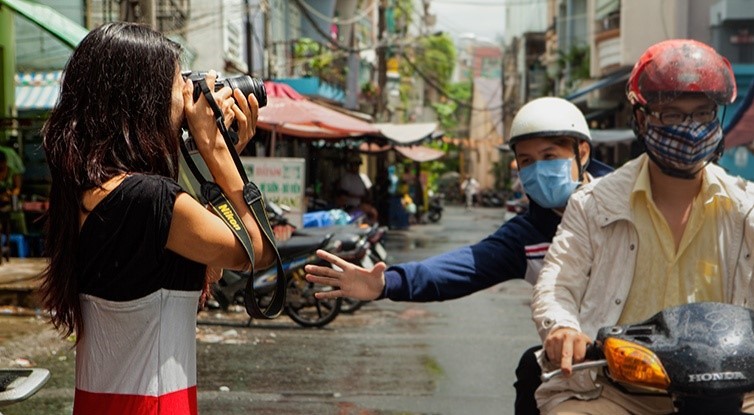
Conclusion
Traveling in Vietnam can be an incredible experience, full of memorable moments and breathtaking sights. By staying informed and vigilant, you can avoid the common scams and enjoy everything this beautiful country has to offer. Remember, most people in Vietnam are friendly and honest, and a little awareness is all it takes to ensure your trip goes smoothly.
FAQs
- What should I do if I think I’ve been scammed?
If you believe you’ve been scammed, try to resolve the issue calmly on the spot. If that doesn’t work, report the incident to the local authorities or your embassy. - Is it safe to use credit cards in Vietnam?
Yes, it’s generally safe to use credit cards in Vietnam, especially in hotels, restaurants, and reputable shops. However, always keep an eye on your card and avoid using it in questionable places. - Are ATMs reliable in Vietnam?
Most ATMs in Vietnam are reliable, but it’s best to use machines located inside banks or well-lit areas to avoid card skimming. - How can I verify if a tour operator is legitimate?
Check online reviews, ask for recommendations from fellow travelers, and ensure the operator is registered with the local tourism board. - Is it okay to bargain in Vietnam?
Bargaining is common in Vietnam, especially in markets. Just remember to be polite and keep the interaction friendly.

